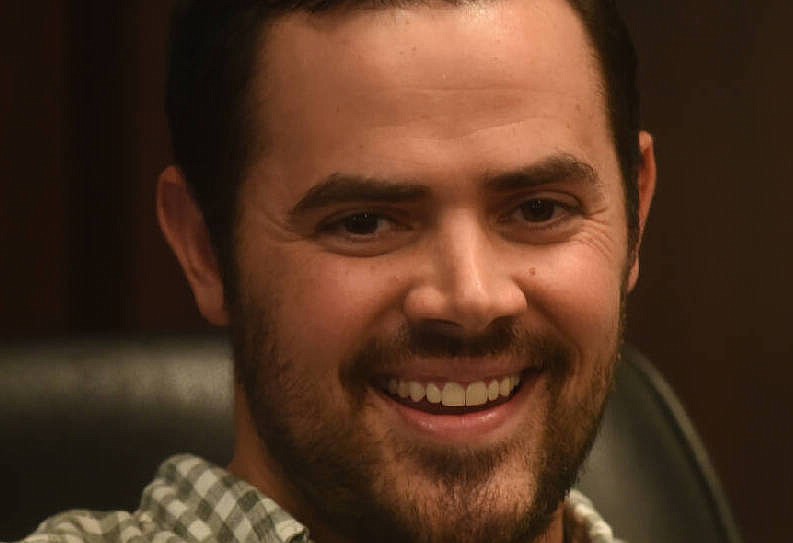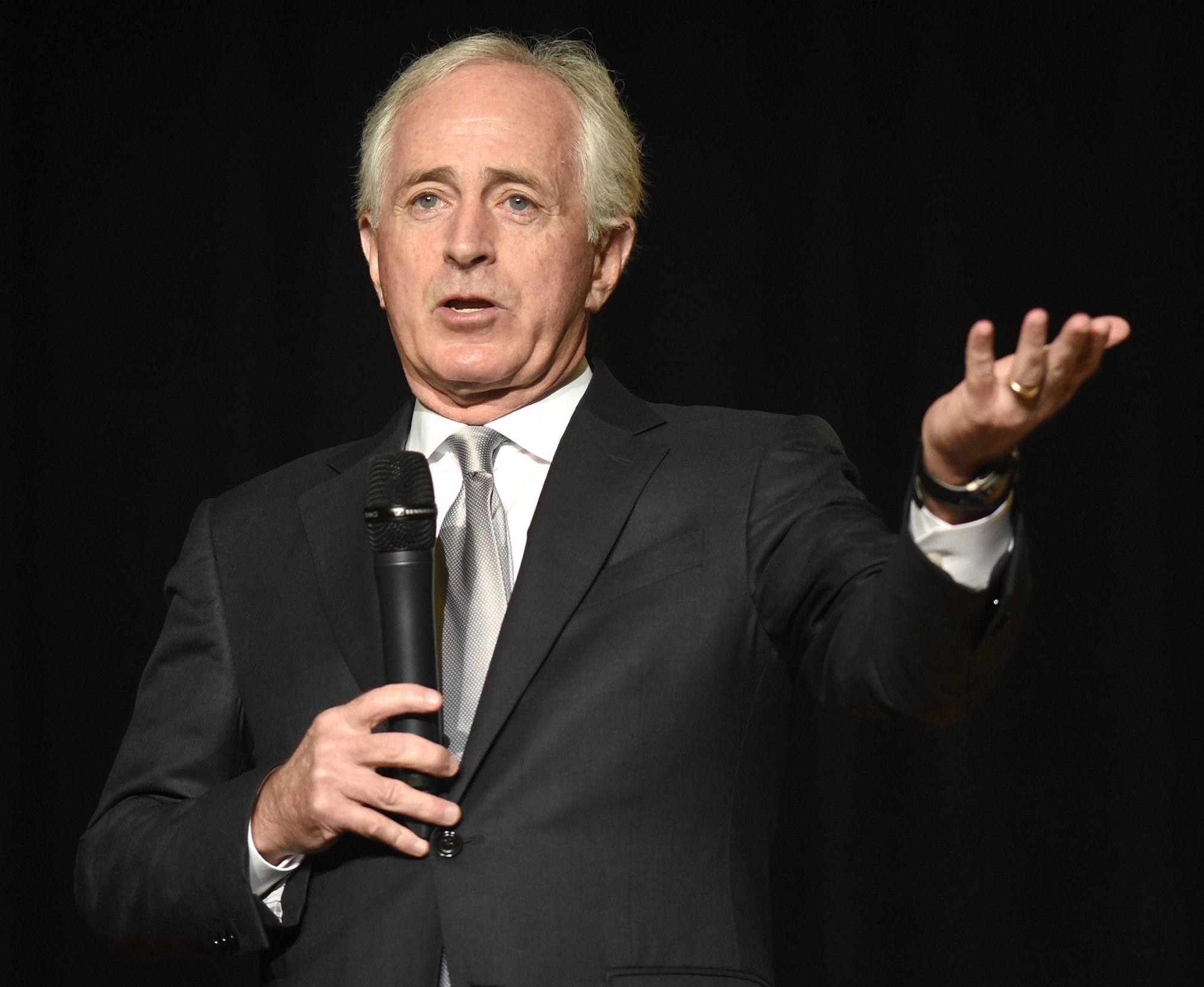With the economy slowed by the coronavirus pandemic and government spending boosted to record highs to fight the virus and its economic fallout, America's national debt is projected to exceed its annual output for the first time in modern history this year.
Even with an improving economy next year, the Congressional Budget Office projects red ink will continue to flow from Washington D.C. for at least the next decade unless changes are made in the federal budget.
A new group of 14 millennial business owners and investors is trying to push for such changes to help reverse America's rising debt burden.
The newly created Millennial Debt Commission, which was organized by Chattanooga businessman Weston Wamp, met Tuesday for the first time. During an online gathering with the business leaders from across the country, the commission heard from nearly a dozen economists and current and former members of Congress about the challenges ahead due to a U.S. debt expected to soon top $30 trillion.
"What we know in Washington is that both sides of the aisle like to spend money," said Bob Corker, a Chattanooga Republican who was elected to the U.S. Senate in 2006 on a platform of wanting to balance the federal budget. "They just spend it in different things."
Corker, who calls the growing budget debt America's biggest national security risk, applauded the young business leaders for their new effort.
"I think it's time for the younger generation to take this mantle on since you will have to deal with its consequences," Corker said.
U.S. Sen. Ron Johnson, R-Wisconsin, called the growing deficit "inter generational theft" since it will burden future generations with paying for money currently being spent.
But Johnson and other political leaders concede that addressing the debt is difficult and likely will require some painful choices. Most of the money spent by the federal government is not voted on each year by the Congress but automatically increases due to already adopted entitlement programs such as Social Security, Medicare, federal pensions and other programs. Johnson said the debt commission should work to support two-year budget cycles and annual congressional votes on all spending to ensure better budget oversight and recognition of the growing expense on non-discretionary spending.
In the current low-interest climate with the U.S. dollar regarded as the benchmark for the world's currency, the federal government has little trouble borrowing as much as it needs and the consequences of deficit spending are not apparent, U.S. Sen. Marco Rubio, R-Florida, said.
Indeed, with the economy stalled amid the coronavirus pandemic, Rubio said government spending and deficits are needed in the current environmental to lift the sagging economy. But Rubio warned that uncontrolled spending over the long term is a threat to U.S. security and a constraint on future growth.
Doug Holtz-Eakin, a former economist at the Congressional Budget Office and president of American Action Forum, urged the debt commission to help educate the American public of the potential problems from the growing debt.
"I don't believe the general public understands this problem - they haven't been told," he said.
Wamp said he hopes the debt commission can shed light on the debt problem, which he called America's biggest long-term problem. By this fall, the group will begin considering recommendations to address the growing federal deficit. Wamp said he hopes the group can convene in person by next spring to urge the next Congress to begin to take needed steps for fiscal reform once the economy recovers from the current downturn.
The current levels of debt are unprecedented, Wamp said.
"There is no question that we as Americans have entered into a very dangerous experiment and the only questions are just how dangerous it is," he said.
Other advanced countries around the globe, including Germany, Sweden and Switzerland, have found ways to balance their government budgets prior to the current pandemic and Wamp said he hopes the commission can identify ways for the U.S. to do so as well.
If the United States is not able to get its fiscal house in order, Wamp said investors may become wary about buying U.S. bonds and the dollar could be displaced as the benchmark for global currency.
"We can't let that happen and I hope this group can play a constructive role in developing ways and policies to address this great challenge," he said.
Contact Dave Flessner at dflessner@timesfreepress.com or at 423-757-6340.


